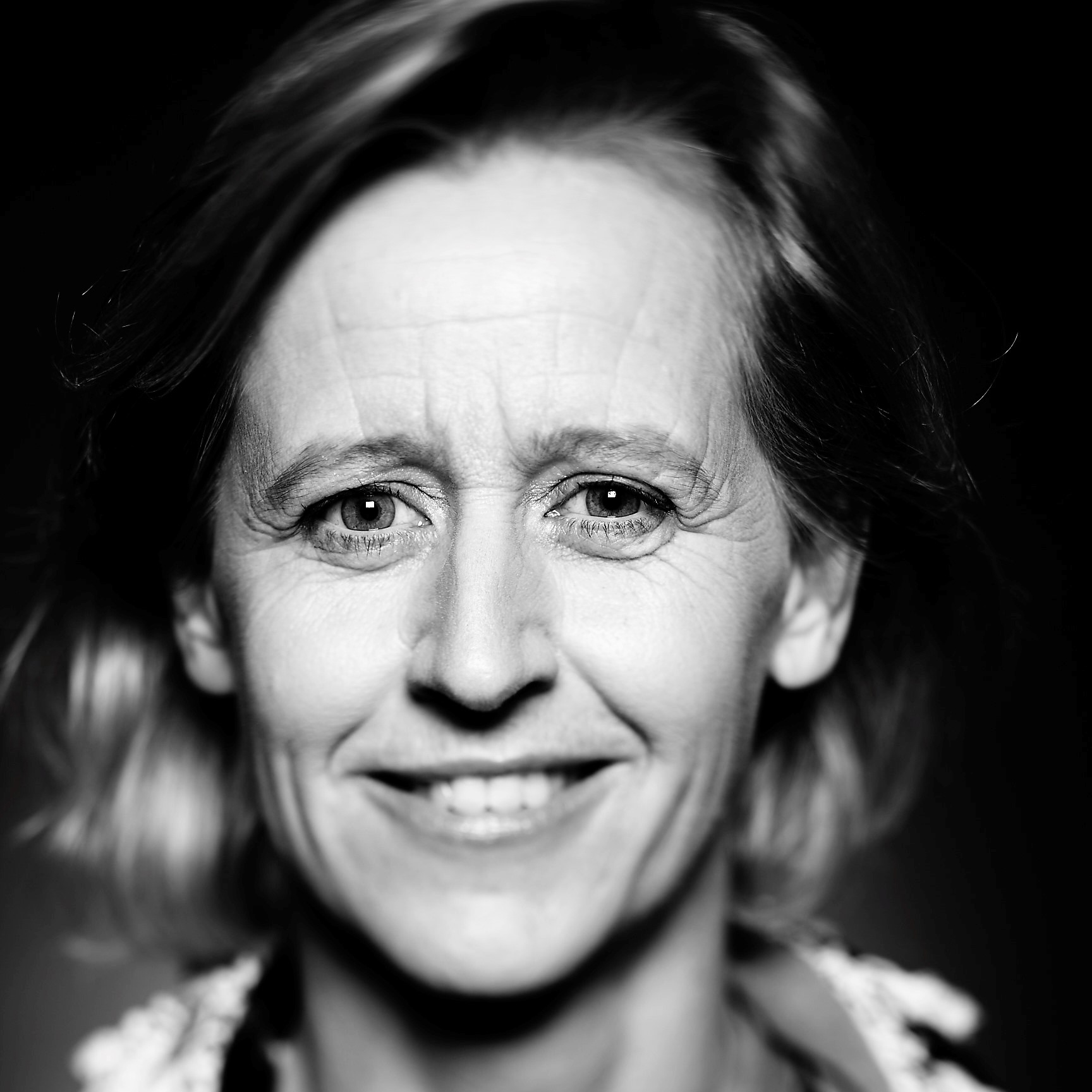 \
&
Contact us
\
&
Contact us
 \
&
Contact us
\
&
Contact us
The primary focus is to create sustainable energy solutions in all aspects of production, through enhancing collaboration among the three pillars of the knowledge triangle and fostering innovation that can be embraced by the market.
EIT InnoEnergy concentrates on the following thematic fields:
If you are an innovator with a promising technology or service aligned with any of these eight thematic fields, you can apply to join the ecosystem. Among other benefits, joining the ecosystem allows exposure and access to a venture capital community.
EIT InnoEnergy not only provides funding possibilities, but also assists in making your product or service market-ready, transforming it into a viable business.
Additionally, EIT InnoEnergy has an education pillar focused on training workers who will operate in these innovative areas, called InnoEnergy Skills Institute.
With the e-mobility future in mind, EIT InnoEnergy partnered with European Battery Alliance to establish an upskill and reskill programme: EBA Academy.
There are regular announcements for calls for proposals for different programs (EIT, EIC, third party calls for proposals, ...). To explore the opportunities and stay updated with the latest news, please visit the innovation community's webpage.
The EIT InnoEnergy community has several regional innovation hubs, including one based in Genk. If you wish to contact them, you can reach out via email at benelux@innoenergy.com.
Finally, for any inquiries related to energy, you can contact the National Contact Point (NCP) at ria.debreucker@vlaio.be.
Partnerships group the EC and private and/or public partners, to coordinate and streamline the research & innovation initiatives and funding in some selected key domains.

Ria.debreucker@vlaio.be
The EITHOS project, funded under Horizon Europe Cluster 3 call “Online identity theft is countered”, aims to develop a “European Identity Theft Observatory System” (EITHOS). The system will provide easy access to information and intelligence about previous and current identity theft related trends to empower EU citizens, Law Enforcements Agencies (LEAs), and policy makers to further contribute to the prevention, detection, and investigation of crimes related to online identity theft. The Cyber and Data Security Lab (CDSL), part of the Law, Science, Technology and Society (LSTS) Research Group at Vrije Universiteit Brussel (VUB), is one of the 12 partners in the EITHOS consortium, contributing its vast expertise on legal aspects of data protection, cybersecurity and information security law and policy.